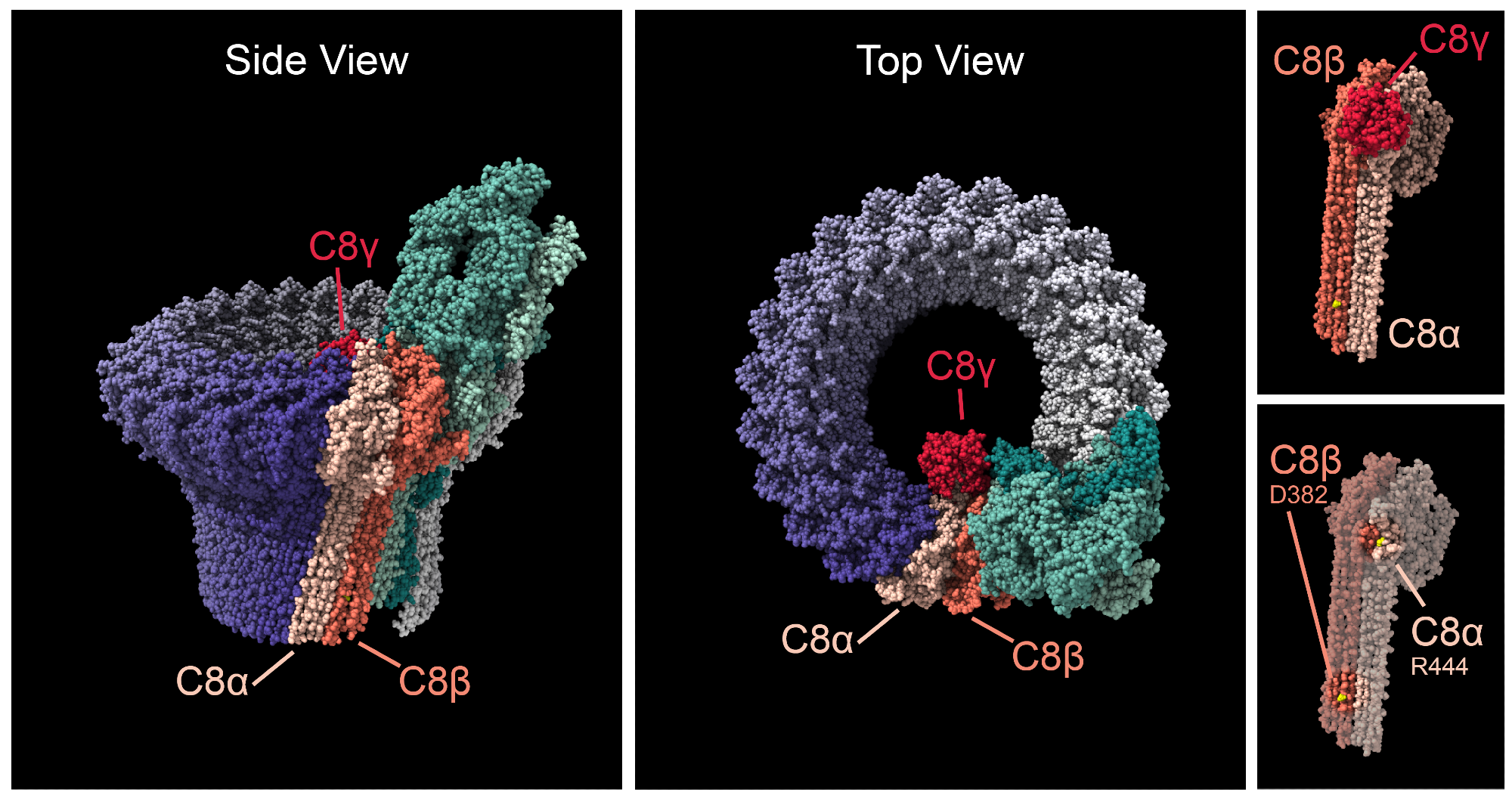Age-related macular degeneration (AMD) is a common cause of sight loss in older people for which there is no cure or treatment for most patients. A new study conducted at the National Eye Institute (NEI) has identified incredibly rare genetic variants that might uncover the mechanisms underlying the development of the disease.

Image Credit: Sarah2/Shutterstock.com
The variants found in this research produce malformed proteins that change the stability of the membrane attack complex (MAC), which might lead to chronic inflammation of the retina, a hallmark of the pathogenesis of AMD. Published in the journal iScience, the findings of the new study hint that MAC may be a valuable potential therapeutic target for future drugs that slow or prevent AMD.
11 million Americans have AMD, for which there is no cure
Older people are at a greater risk of developing AMD, with roughly one in 200 people over 60 having it. For those over 90, it’s one in five. Around 11 million people in the US are living with AMD.
There is no cure for AMD, and limited treatment options are available only for those with the ‘wet’ version of the disease, which come in the undesirable form of regular injections into the eye. The disease leads to vision loss and is associated with a significant reduction in quality of life and emotional well-being due to the difficulties it creates in everyday activities.
There is an urgent need to develop new treatment and preventative strategies for this form of sight loss.
MAC as a potential therapeutic target for AMD
While many generic variants have been discovered that increase a person’s risk of developing AMD, the contribution of these variants to the development of AMD is small. Anand Swaroop, PhD, lead author of the study and chief of NEI’s Neurobiology, Neurodegeneration and Repair Laboratory, collaborated with Michael Klein, MD, and leading clinician at the Oregon Health Services University (OHSU) to uncover genetic variants that have a direct impact on the development of the disease.
To do this, the team enlisted families who carried very rare AMD-causing genetic variants, where the variant’s effects were markedly strong, and investigated how the variant directly impacted protein structure and function.
“By looking at large families with ultra-rare variants that track closely with disease across generations, we found two proteins that may directly be the driving force behind AMD pathology in affected patients. These proteins could be targets for future drugs”
Swaroop
The study revealed that mutations in one of two proteins that form one end of MAC were common to individuals with AMD in four families. C8-alpha and C8-beta variants are thought to alter how MAC behaves within the retina due to changes in the C8 proteins’ ability to stick together.

Image Credit: National Eye Institute, NIH
Recent evidence has suggested the role of MAC in regulating inflammatory processes, such as those in the retina. We know that MAC creates a pore with the end closed by the C8 protein, which allows ions to flow through to the outer membrane. This pore is considered to be the final step in the ‘complete cascade’, which helps the body protect itself against invading pathogens.
The current study's findings suggest that the C8 protein is vital in AMD; however, due to C8’s role at the end of the cascade, it can be assumed that variants affecting other complement proteins higher up in the cascade may funnel down to contribute to MAC malfunctioning.
“Given that MAC is the end of the immune system’s complement pathway, and because there’s such a strong link between these rare variants and disease, we think that targeting it may be a more effective strategy to control AMD.”
Swaroop
Further development of this research may help to develop new therapies and preventative strategies for AMD.
Sources:
- Zelinger L, Martin TM, Advani J, Campello L, English MA, Kwong A, Weber C, Maykoski J, Sergeev YV, Fariss R, Chew EY, Klein ML, and Swaroop A. “Ultra-rare complement factor 8 coding variants in families with age-related macular degeneration.” iScience. April 1, 2023.
- Age-related macular degeneration [online]. Macular Society. Available at: https://www.macularsociety.org/macular-disease/macular-conditions/age-related-macular-degeneration/ (Accessed March 2023)
- Age-Related Macular Degeneration (AMD) [online]. National Eye Institute. Available at: https://www.nei.nih.gov/learn-about-eye-health/eye-conditions-and-diseases/age-related-macular-degeneration (Accessed March 2023)